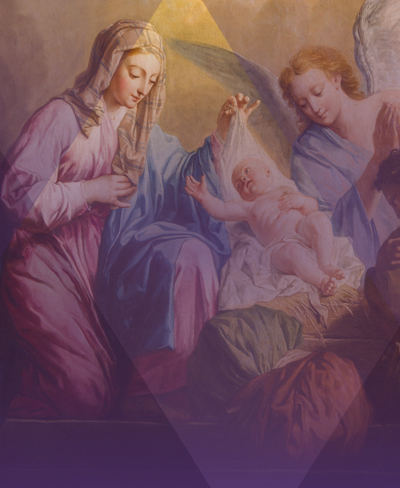The Verbum Christmas Sale ends tomorrow! Don’t miss out—check out Verbum.com/Christmas
Every year, on the twelveth day after Christmas—this year, January 6th—the church celebrates the feast of the Epiphany.
From Scott Hahn’s Catholic Bible Dictionary:
MAGI Ancient wise men who were specialists in dream interpretation, astrology, and sometimes magic. In the Septuagint, the Greek term magoi is given to the Babylonian court magicians called in to interpret King Nebuchadnezzar’s dreams (Dan 1:20; 2:2, 10, 27). In the New Testament, a “magi” once refers to a practitioner of occult magic (Acts 13:6). More significantly, the name “magi” was given to the foreign dignitaries who traveled to Palestine from the east to pay homage to the infant Jesus. These are often identified with members of a priestly caste from Persia who specialized in dream analysis and astrology (see, e.g., the description in Herodotus, Hist. 1.101). Their occupation explains their interest in unusual astral phenomena (the star of Bethlehem), and their origin makes them the first Gentiles to recognize and give reverence to the Kingship of Christ.
On the basis of the Old Testament (cf. Ps 72:10; Isa 49:7; 60:3, 6) the tradition arose that the Magi were three kings, even though Matthew does not state their number. The idea that there were three of them is inferred from the three gifts, and the idea that they were kings arises from OT prophetic texts (Ps 72:10–11; Isa 60:3, 6). Christian legend names them Balthasar, Gaspar, and Melchior. Later interpreters attached a symbolic meaning to the three gifts: gold, because Jesus was a King; frankincense, because he was God; and myrrh, because he became a mortal man.






